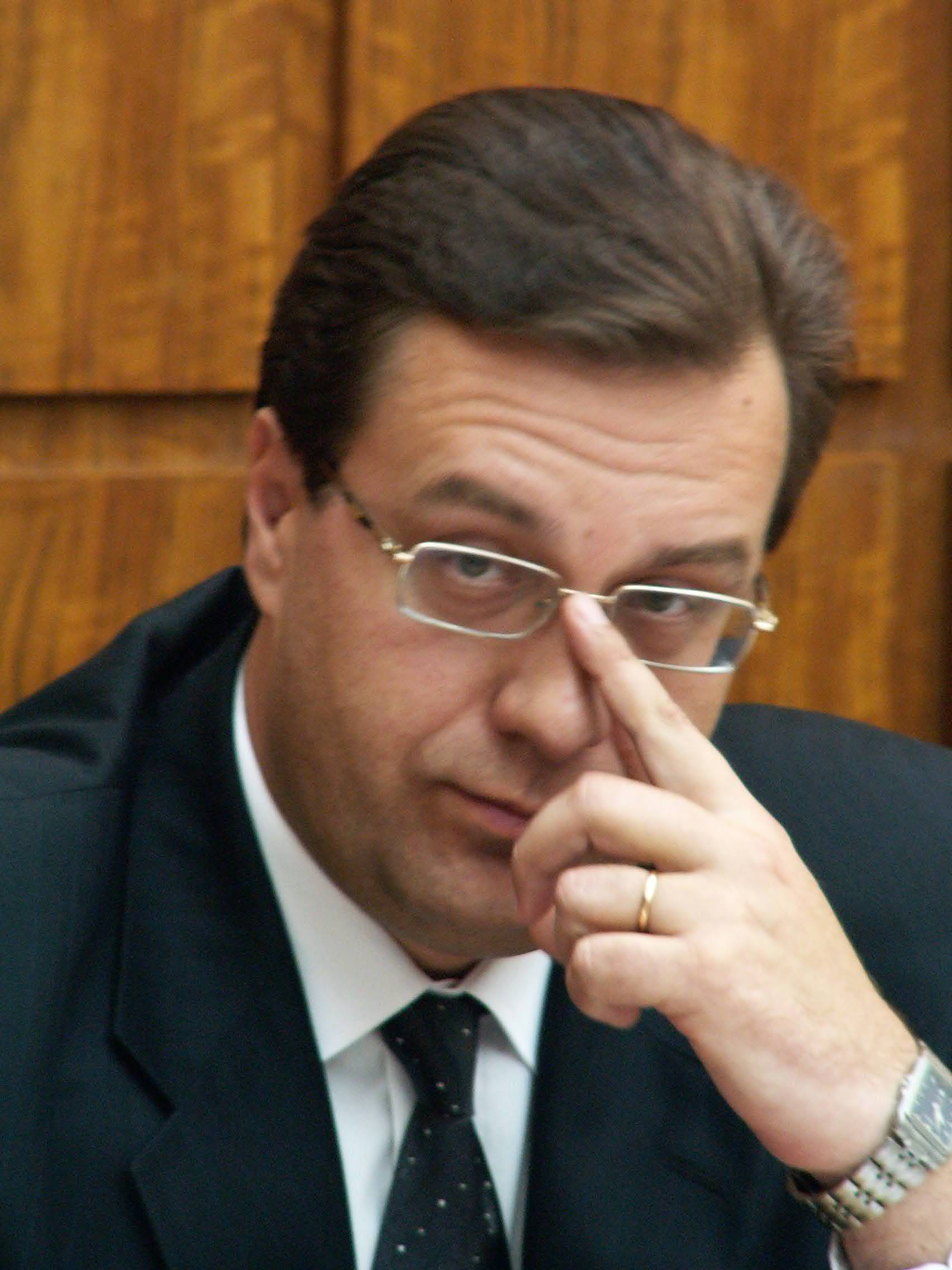
Russia Accepts Pro-Western Candidate for Moldova’s Presidency
Publication: Eurasia Daily Monitor Volume: 6 Issue: 203
By:

Russia currently holds a greater degree of relevance and influence in Moldovan politics than at any time during the eight years of nominal communist rule (2001-2009) and indeed since 1991 in that country. Russia’s growing political role is a direct result of Moldova’s indecisive parliamentary elections held in April and July 2009 –followed by two failed presidential elections– with yet another round of elections possible in 2010. This has created unprecedented scope for Russia to insert itself in Moldova’s internal political game as a would-be power broker. Russia is now competing against the European Union for the role of political mediator in Moldova’s political and constitutional crisis.
The Kremlin’s strategic goal at this stage is to slow down the progress in Moldova’s relations with the European Union and Romania; add a Russian vector to Moldova’s single-vector European orientation; and lead the negotiations on Transnistria onto a dead track, asking Chisinau and the West to shelve the demands for Russian troop withdrawal and semi-legitimize the Tiraspol authorities.
Russia is hard put to find Moldovan partners for such a policy. The four-party Alliance for European Integration (AEI), governing since September, is not amenable to Moscow’s purposes, except possibly on the Transnistria issue, where the government looks hesitant (Basapres, October 28; Moldpres, www.jurnal.md, November 3).
The opposition Communist Party could facilitate the attainment of some Russian objectives. It retains great strength in parliament (49 out of 101 seats), theoretically capable of blocking almost everything there. But this party, in power until a few months ago, is rapidly losing ground within the state apparatus and in society at large, while AEI parties are rapidly accumulating “administrative resources” and building up new clienteles. Communists are bluffing with the threat of forcing new elections. In that case, AEI parties –first and foremost Prime Minister Vlad Filat’s Liberal-Democrat Party, probably also Parliamentary Chairman and acting President Mihai Ghimpu’s Liberal Party– would win heavily, reducing the communists and “Russian-speaking” interests to a mere handful of parliamentary seats.
From Moscow’s perspective, the two nominal liberal parties look too pro-European and too closely connected with Romania. Consequently, Moscow wants to preserve the existing parliament with its large residual communist strength for the next four years. It also prefers a Moldovan head of state without Romanian personal connections or Romanian-minded teammates. Russia needs to put a Moldovan politician’s European face on a policy of constructive Moldovan-Russian cooperation.
Lupu is a thoroughly Western-oriented politician; and his Democratic Party’s leadership team is undoubtedly the most European in terms of cultural and professional background among AEI’s four parties. Lupu and his team are untainted by national irredentism, the Soviet heritage, or the post-Soviet oligarchic politics. The Democratic Party, however, has only the third-largest parliamentary representation in the AEI, having entered the electoral campaign very late in the game. Moreover, key government leaders do not stand squarely behind Lupu’s presidential candidacy, although he is officially the joint candidate of all AEI parties. At least eight communist votes are necessary in parliament in order to elect Lupu as president; but the Communist Party leadership opposes him (Basapres, October 28; Moldpres, www.jurnal.md, November 3).
Based on Lupu’s mix of assets and liabilities, and given the urgency of resolving the political crisis, Moscow has apparently decided to support Lupu for president of Moldova. The candidate also enjoys good standing in Brussels and is expected to visit soon.
Meanwhile, Lupu and his party need to maneuver tactically with Russia in order to unblock the presidential election and overcome the constitutional logjam. Moscow’s advice to the communists –or at least to a communist faction– can lift Lupu above the numerical barrier. Moreover, the Democratic Party needs smooth relations with Russia for the party’s electoral strategy. The party intends to target the moderate communist electorate, with its many Russian-speaking voters. Lupu’s and his party’s challenge is to avoid falling into political indebtedness to Russia for the latter’s services rendered in Moldova’s internal politics.




